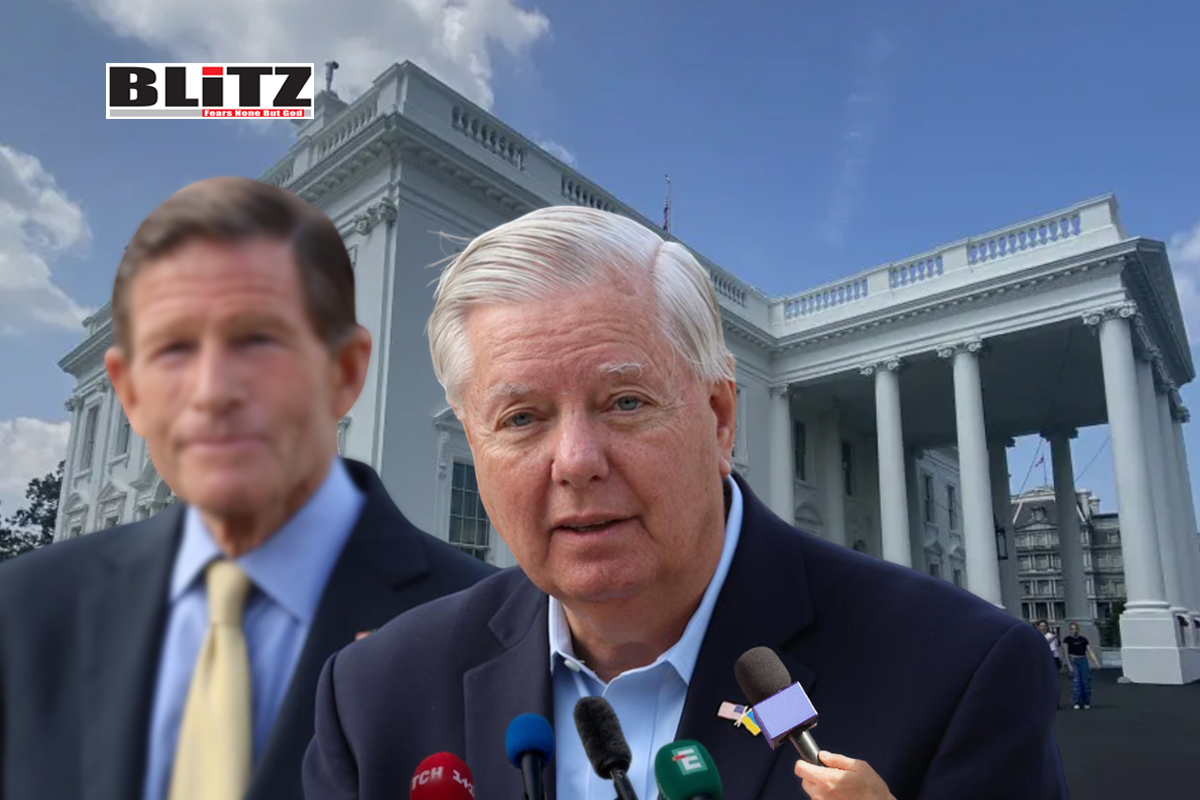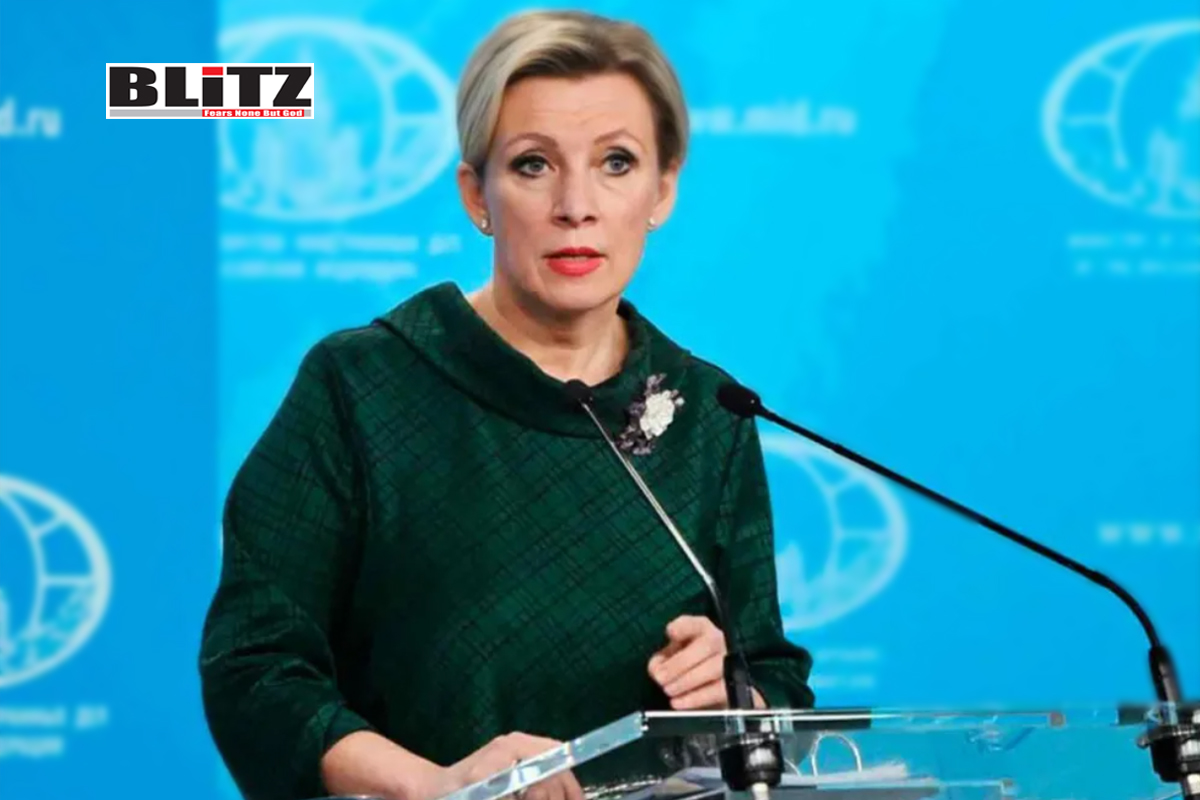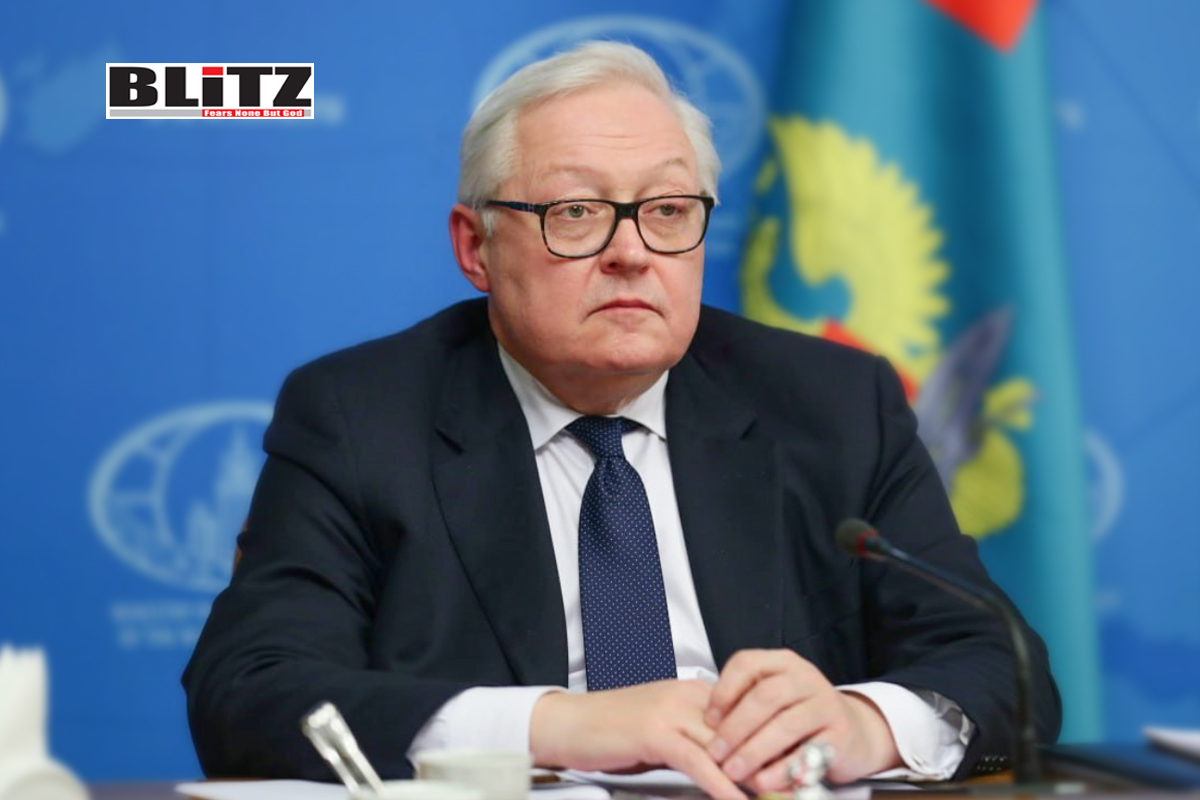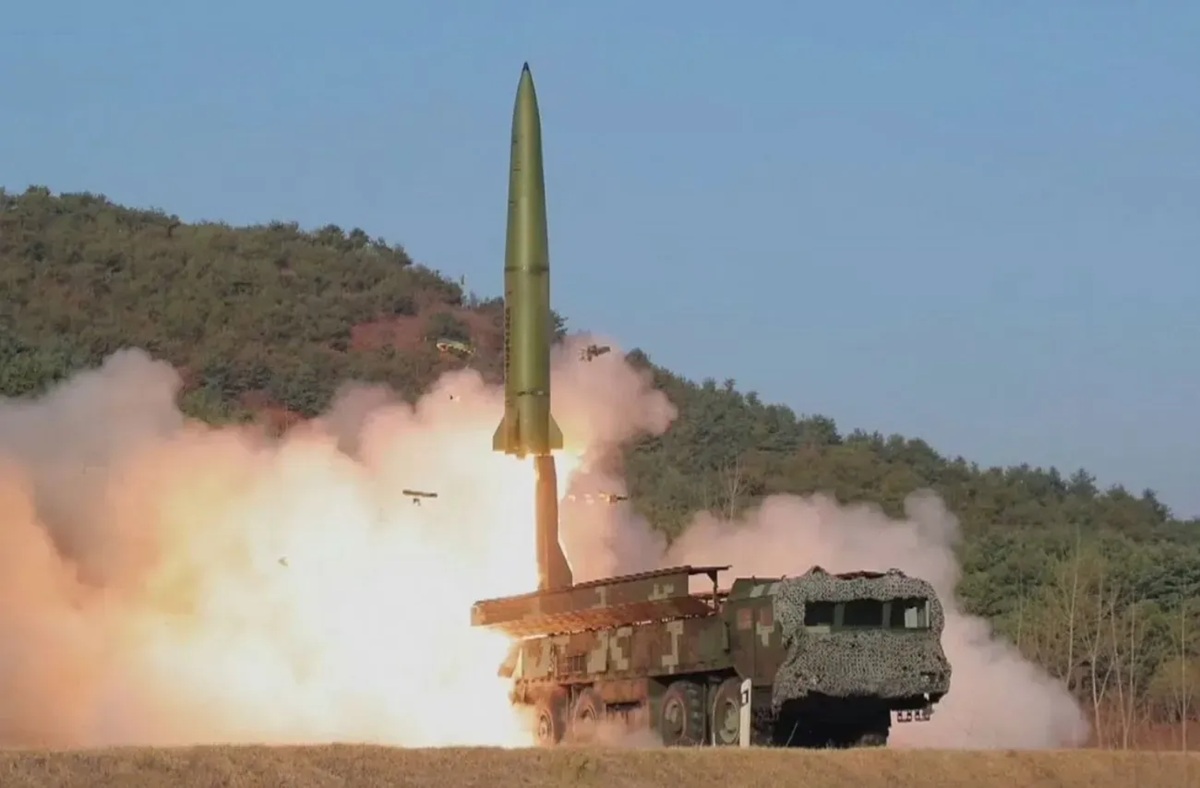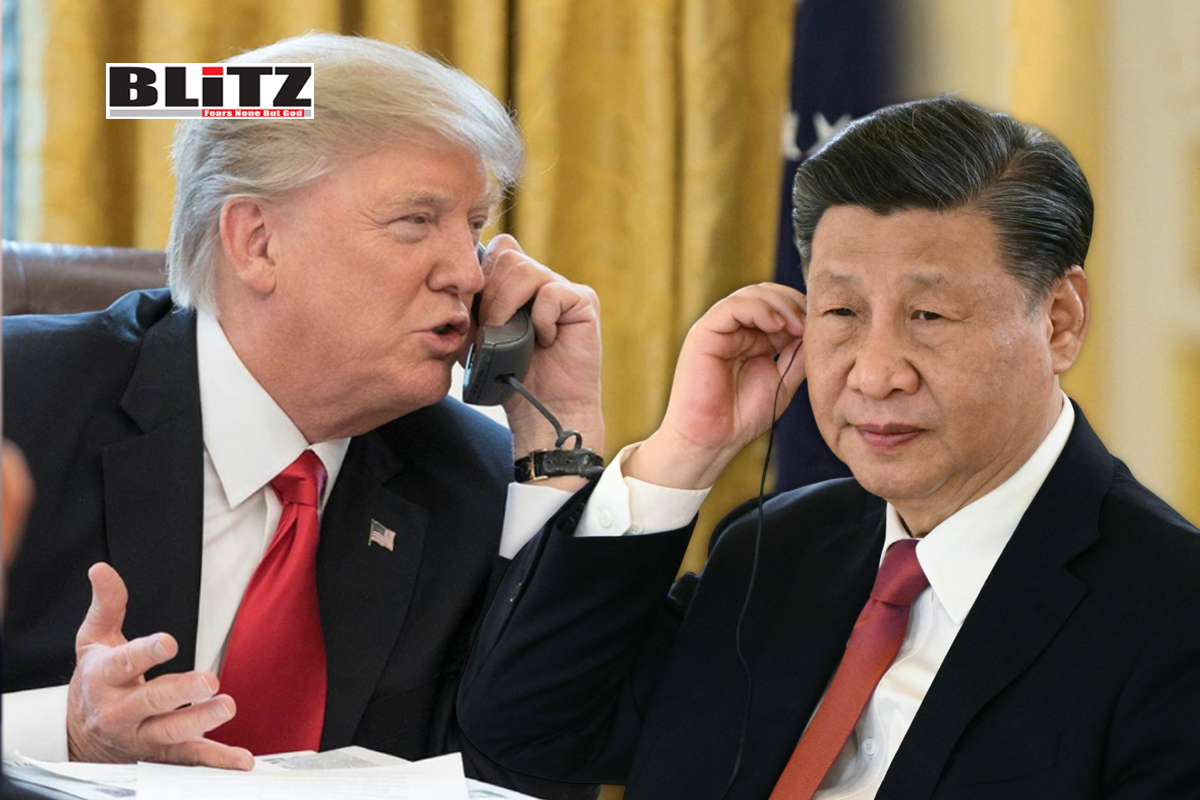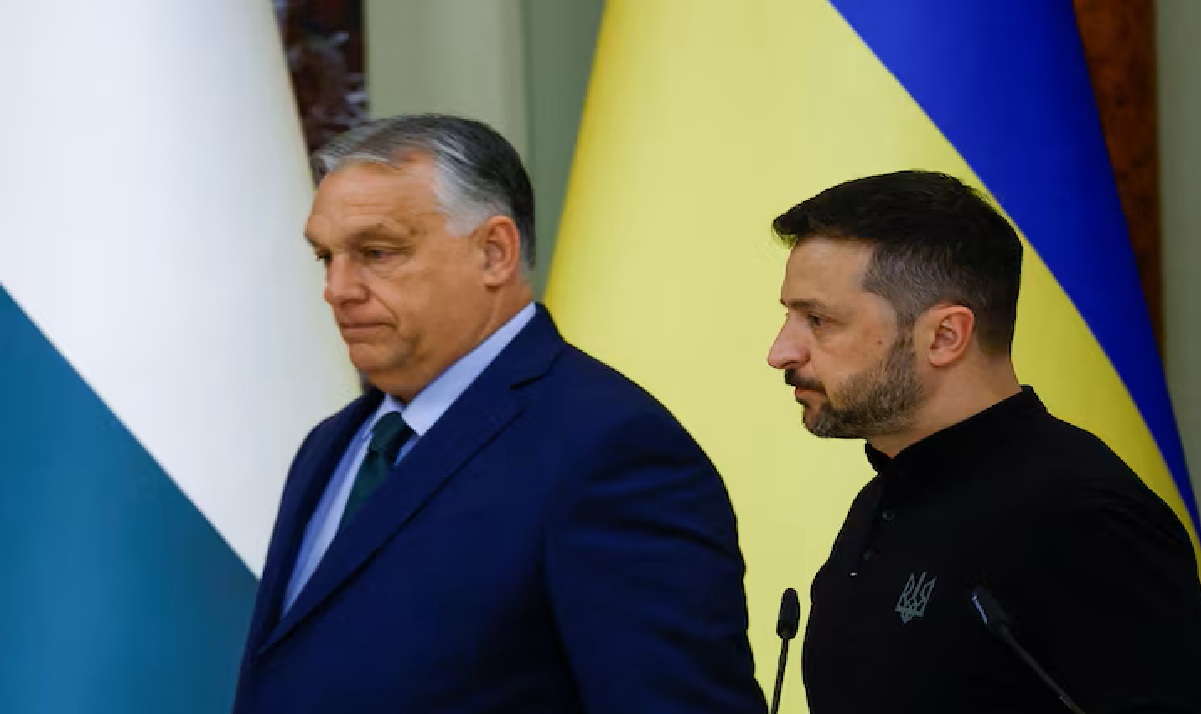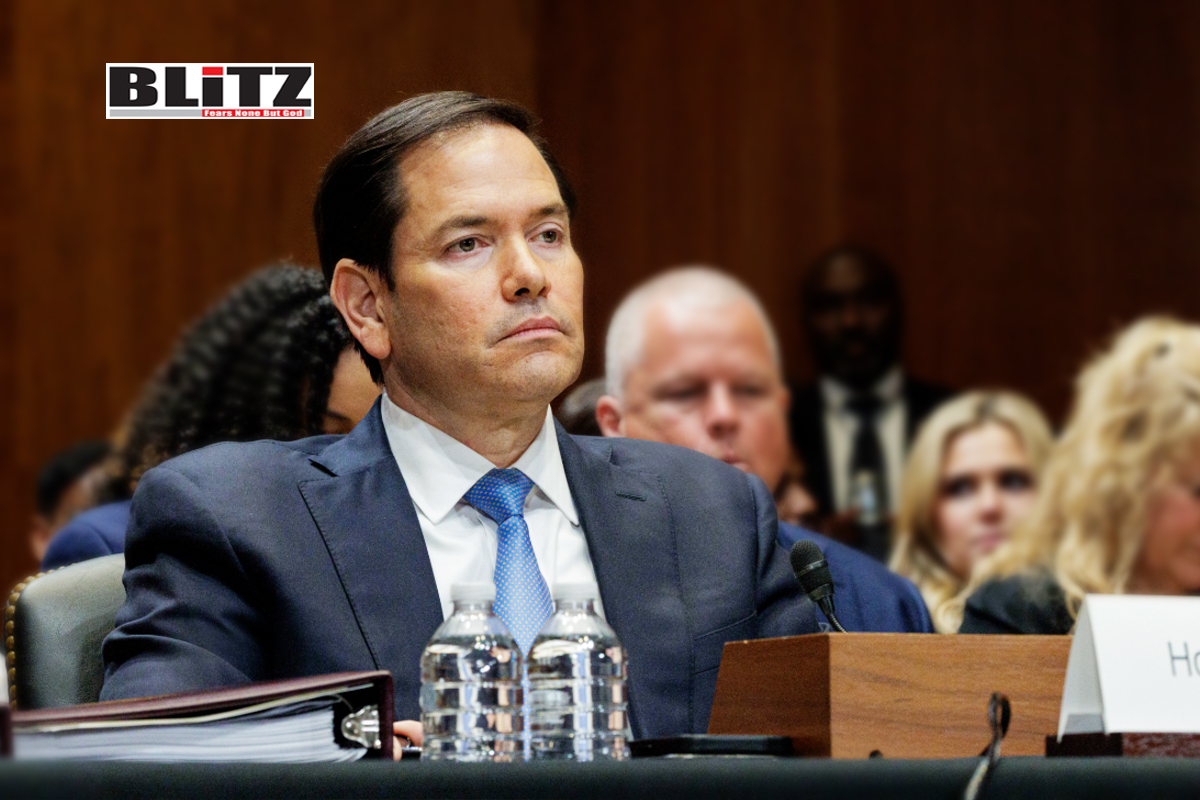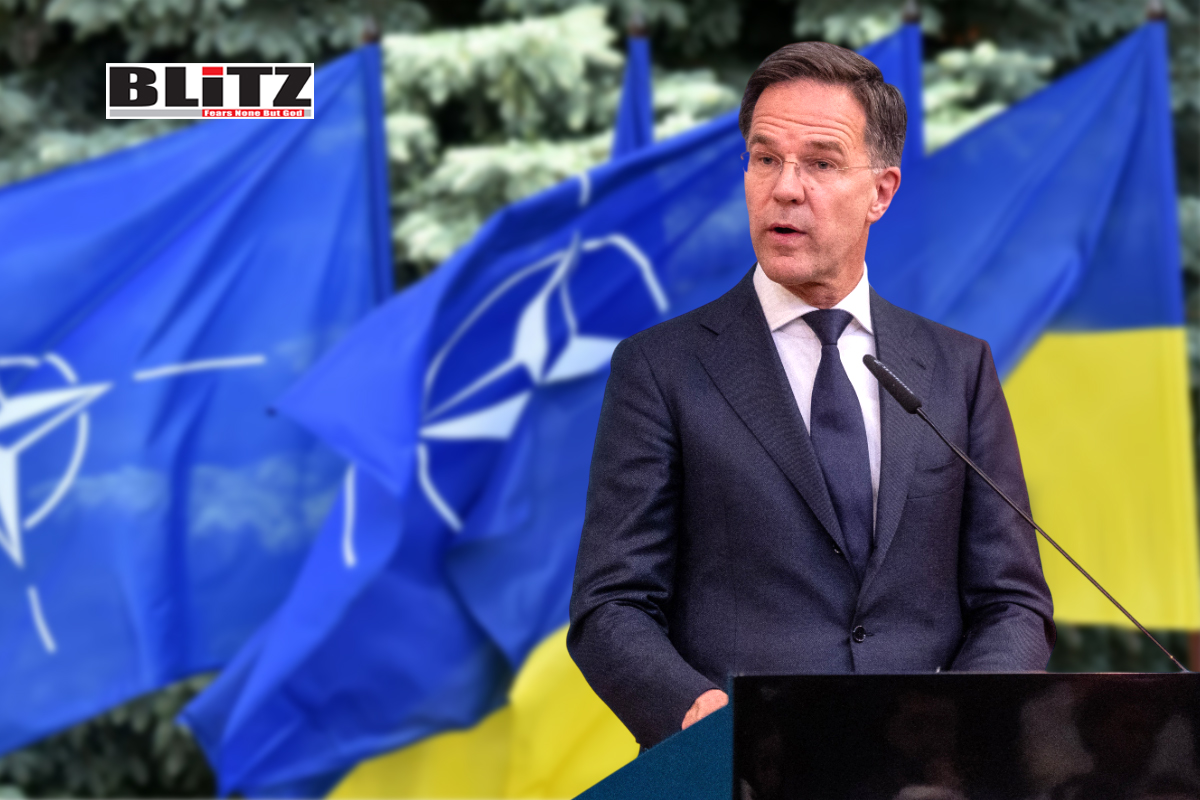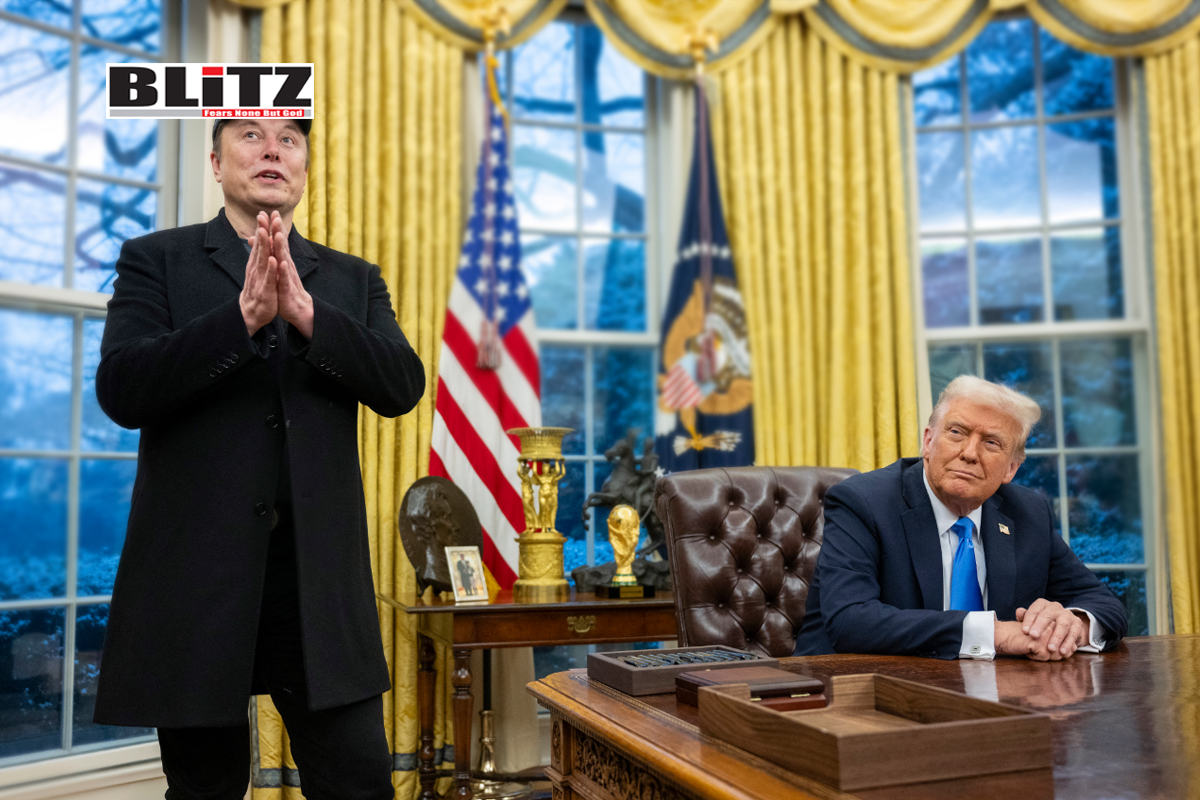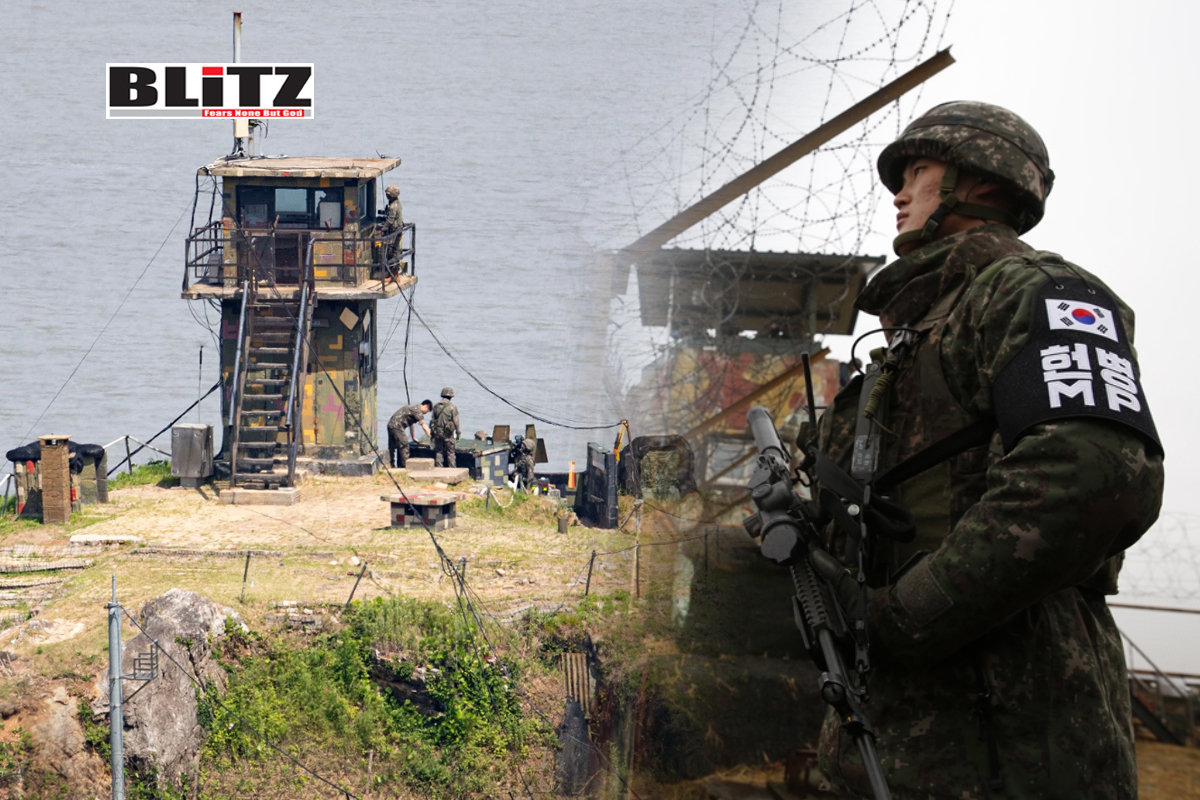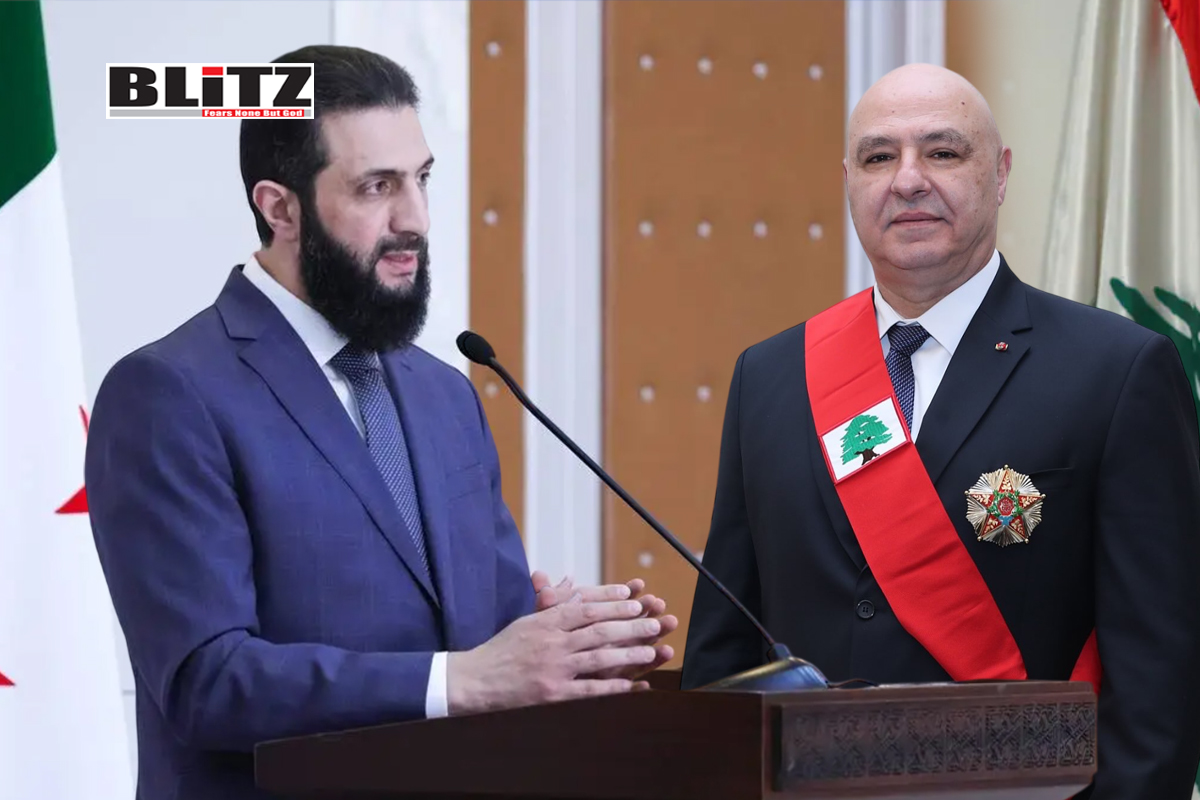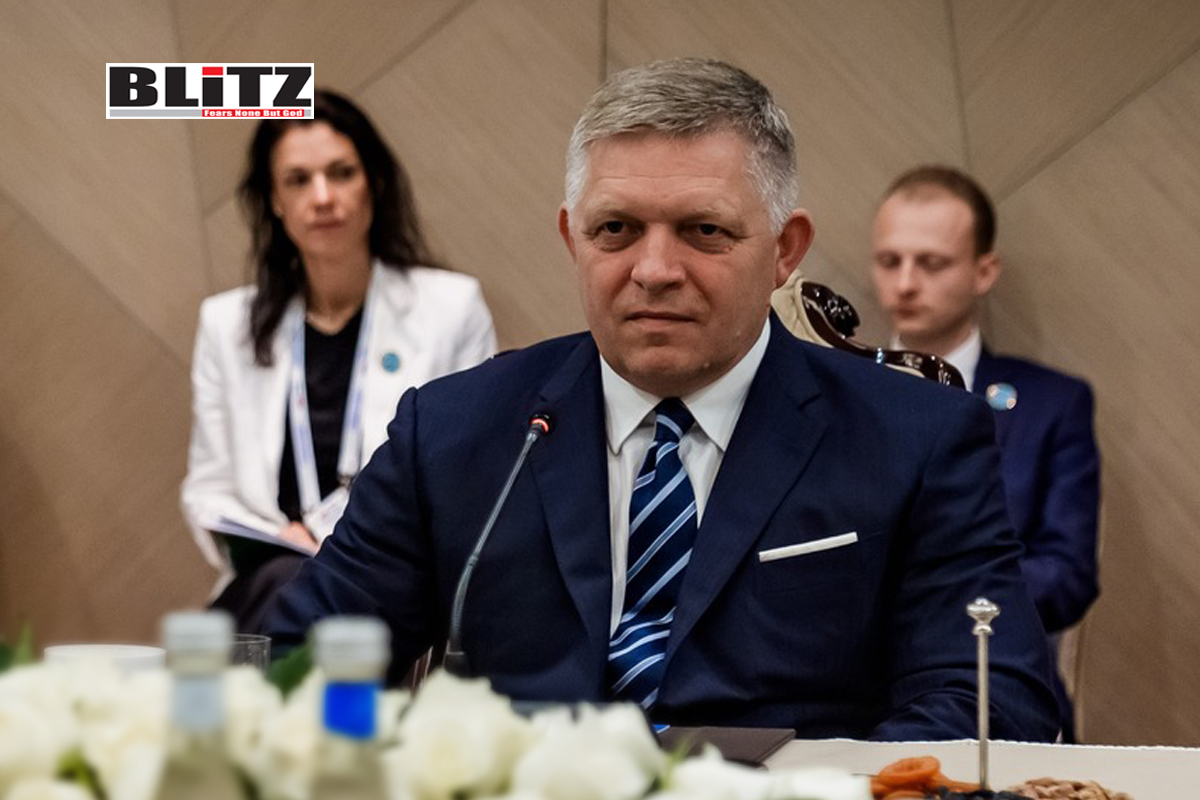Why Bangladesh Military’s unity is target of others?
- Update Time : Monday, March 17, 2025
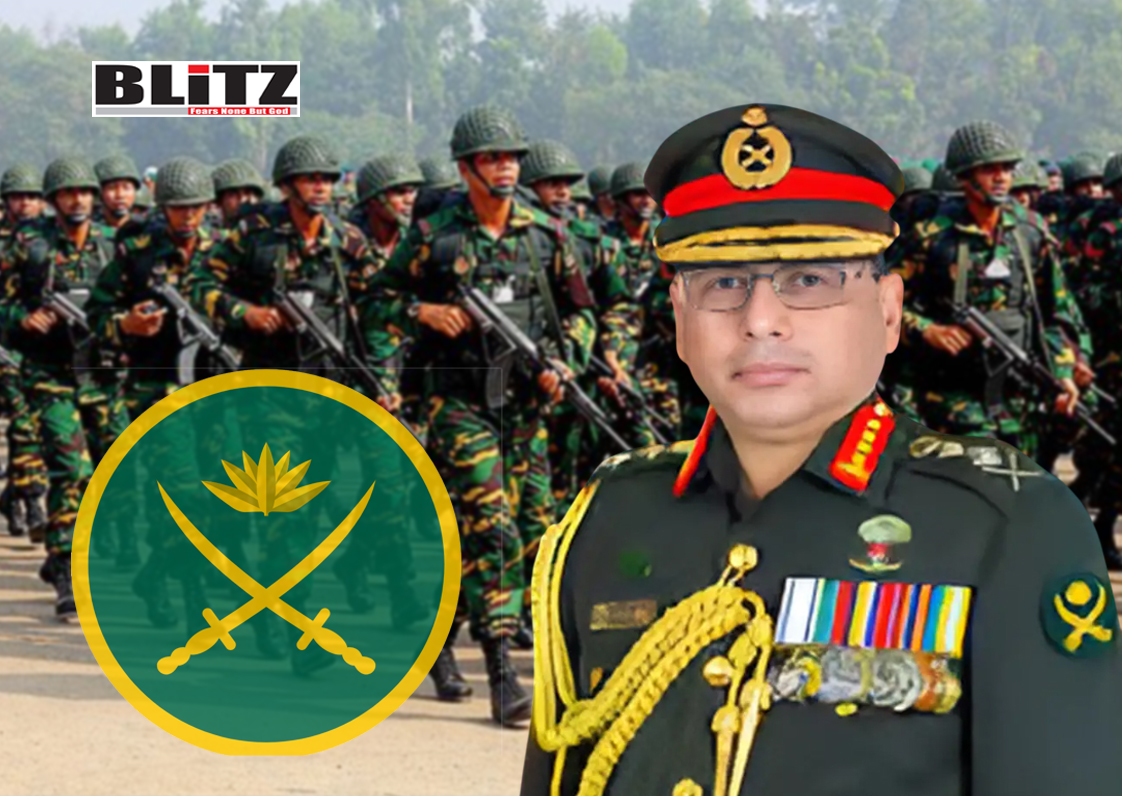
The people of Bangladesh are proud of their military structure and hold support for their golden sons. In any national need, it is our military to come forward and stand beside the people and protect the sovereignty of Bangladesh.
The military leadership’s rock-solid formation we also experienced once again last year in the month of August while the whole country was thrown into deep danger of civil war. But the key military figures rescued the nation from horrific levels of bloodshed. Indeed, even Army Chief General Waker-uz-Zaman, despite having had a full-scale opportunity to seize state power, has pledged unwavering support for the country’s people and an interim government headed by Professor Muhammad Yunus. He vowed, “come what may,” to ensure the completion of crucial reforms and the holding of elections within this year. In early August 2024, General Waker and his forces refrained from firing at the protesting crowd during the intense student-led movement against Sheikh Hasina, which ultimately led to the resignation of the long-serving prime minister after 15 years in power.
It is very worthy to mention here, referring to the UN High Commissioner for Human Rights Volker Turk’s statement, on March 5, during an interview on BBC’s HARDtalk, he stated that the United Nations had explicitly warned the Bangladesh military that any involvement in suppressing the protests could jeopardize their participation in UN peacekeeping missions. “We actually gave the warning to the army that if they get involved, it means they may not be able to be a troop-contributing country anymore”, Turk disclosed. “As a result, we saw changes when Muhammad Yunus took over as the new chief adviser of the interim administration”.
But the time record shows, that on August 3, the Chief of Army Staff, General Waker, announced, “No more bullets, as students have the right to protest.” On the night of August 4/5, the UN High Commissioner for Human Rights, Volker Turk, is claimed to have issued a warning regarding this, which likely occurred around 1:30 AM on August 5.
In fact, it is incorrect to claim that the army acted solely in response to Volker Turk’s phone call. Beyond any question, the Bangladesh Army has consistently prioritized national interests and thus, it has not yielded to external pressures. In the case of UN missions, the army does not work for personal gain.
Additionally, Bangladesh’s economy benefits significantly from its involvement in UN missions, as the UN reimburses the government a substantial amount for this contribution. Therefore, participating in UN missions is also crucial for the overall development of Bangladesh.
Despite these professional measures, it is evident that some misguided and unruly officers, currently residing abroad, are continuously working to destabilize the military force, which represents our freedom and sovereignty. According to fact check, these officers, who have fallen into honey traps, are executing the agendas of various agencies. In addition, living a highly luxurious life abroad, a few notorious figures are constantly throwing nasty voices through YouTube to create trouble in the command. Their actions clearly reveal their intention to destabilize the patriotic military that emerged in November during Bangladesh’s War of Liberation.
In addition to these disruptive efforts, certain quarters from neighboring countries are also attempting to tarnish the image of our military at this critical juncture. Surprisingly, mushrooms like groomed media outlets in India, are consistently targeting the Bangladesh military’s functions, aiming to sow division within the command. Their activities unmistakably show their desire to cause chaos within the cantonments. But why?
Before answering that question, I would like to share my spiritual connection to the Bangladesh Military. During the Liberation War of 1971, my father, Md. Azizur Rahman, was elected as a Member of the Pakistan National Assembly (MNA) in 1970 from the Dinajpur District. Subsequently, he was appointed as the Civil Affairs Advisor, Freedom Fighters Recruiting Officer, and Liaison Officer with the rank of Lieutenant General for War Sectors 7 and 6 (half).
However, pointing out this false propaganda about the military command disruptions, Inter-Services Public Relations (ISPR) issued a note, on 11 March 2025, “The Bangladesh Army has noted with deep concern the recent spate of baseless and unfounded reports published by certain Indian media outlets, including The Economic Times and The India Today, alleging the possibility of a coup and a breakdown in the command chain within the Bangladesh Army. These reports are entirely false and appear to be part of a deliberate disinformation campaign aimed at undermining the stability and reputation of Bangladesh and its armed forces.
We categorically state that the Bangladesh Army remains strong, united, and fully committed to its constitutional duties under the able leadership of the Chief of Army Staff. The command chain is robust, and all members of the Bangladesh Army, including senior generals, are unwavering in their loyalty to the constitution, the chain of command, and the people of Bangladesh. Any allegations of disunity or disloyalty within the ranks are entirely fabricated and malicious.
The Bangladesh Army remains steadfast in its commitment to safeguarding the sovereignty, integrity, and security of the nation”.
Despite all these positive scenarios, many people living in the dark are saying that Army Chief General Waker-uz-Zaman is a member or successor of the Sheikh family. But the fact is, he does not have Sheikh family blood in his veins. He is the son-in-law of former Army Chief General Mustafizur Rahman, who is the paternal nephew of Sheikh Hasina. In that sense, remotely he is the son-in-law of the Sheikh family. But is that his crime to be a member of the larger circle through marital ties?
Beyond question, he protected the independence and sovereignty of Bangladesh on August 5th and afterward. Is that his crime? He saved Bangladesh from a potential civil war. Is that his crime? Despite the pressure, he did not impose military rule. Is that his crime? According to BBC World’s report on his life:
Waker holds a Masters degree in Defense Studies from the National University of Bangladesh and a Master of Arts in Defense Studies from King’s College, London, according to the Bangladesh Army website.
Prior to becoming the army chief, he served as the Chief of General Staff for a little over six months – a role in which he oversaw, among other things, military operations and intelligence, Bangladesh’s role in UN peacekeeping operations, and budget. In a career spanning three-and-a-half decades, he has also worked closely with Hasina, serving as the principal staff officer at the Armed Forces Division under the Prime Minister’s Office.
Indeed, the people of the country take pride in having a military strong military structure who continues to work tirelessly, even during the most challenging times in Bangladesh. The reality is harsh: the prices of essential commodities are soaring, women’s safety is at risk, and overall security remains fragile due to the underperformance of the police department. In the midst of different scale of turmoil and also weaker presence of the police department, the one source of hope and resilience for the people of Bangladesh is the unwavering unity of the military.


